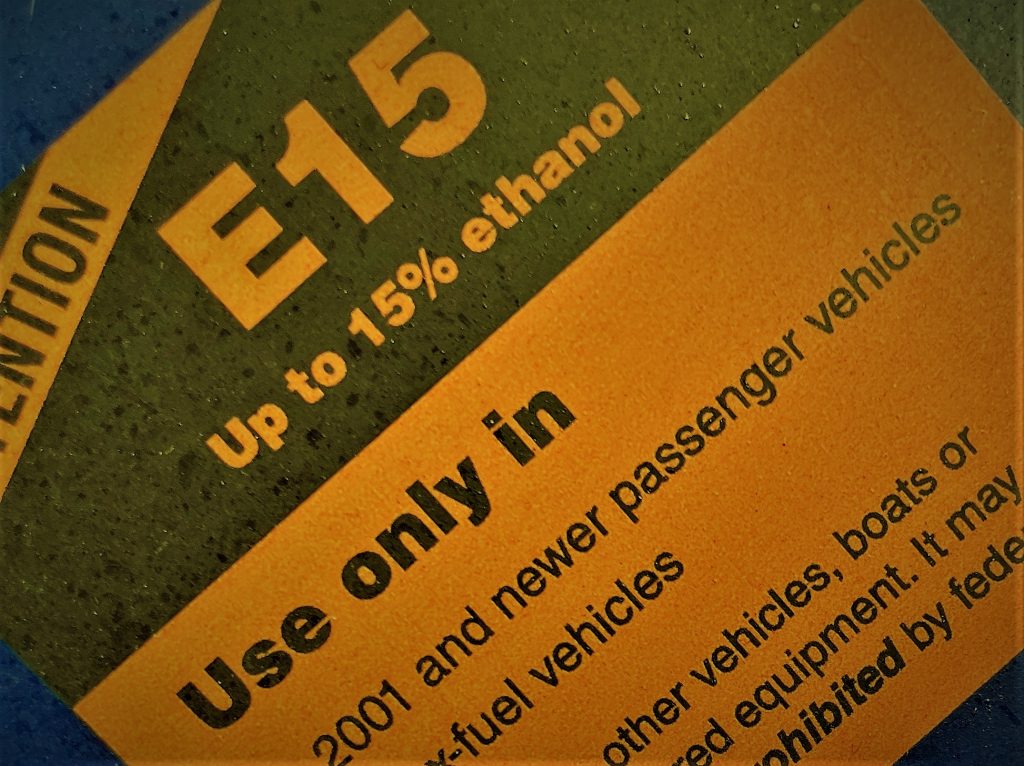Like it or not, ethanol is back in the news.
A new update to the Renewable Fuel Standards requires that 19.28 billion gallons of ethanol and other biofuels must be included in gasoline supplies in 2017. That’s an increase over the 18.11 billion gallons mandated for 2016, but it’s a far cry from the original goal of the RFS, which was established in 2007. Original plans called for 24 billion gallons of biofuel to be incorporated into our gasoline supply in 2017.
You can see a specific breakdown of the increases between the different types of biofuels and biodiesel here.
The renewable fuel debate is likely to stay in the news in 2017 as proponents and critics of the Renewable Fuel Standards battle for the support of President-Elect Donald Trump. Proponents will argue the RFS is working, continues to stimulate a new industry, and will reduce our dependence on foreign oil. Critics say the RFS rule is not achievable in today’s energy market and won’t benefit the environment. Further, detractors say an increase in the standards won’t lead to biofuel growth and innovation because most of today’s cars and infrastructure aren’t compatible with the amount of biofuels that are currently mandated.
RFS supporters say the current mandate increase will save consumers money at the pump. Opponents say ramping up renewable fuel requirements will actually increase fuel prices and drive up other costs.
“Regular Americans will pay the price with increased costs on everything from the gas they put in their cars to their Thanksgiving turkey,” Lamar Smith, Texas Representative and chairman of the House Science, Space, and Technology Committee, said in a recent Washington Times story. “The next administration must work with Congress to reform this mandate.”
Will the RFS stay as-is, undergo reform, or hit the new administration’s chopping block?
Stay tuned in 2017.


The ETHANOL !!! will not work in older cars it will distorter the entire fuel system .. WILL not work in lawnmower’s chainsaws/motorcycle/gocarts/minibikes/YOU CAN SEE WERE I AM GOING. I NO you can us it if you have all the money you need!! I do not and most people do not.Feel four that gimmick with my Drag Race Car cost me 2.000$ PLEASE NO MORE ETHANOL